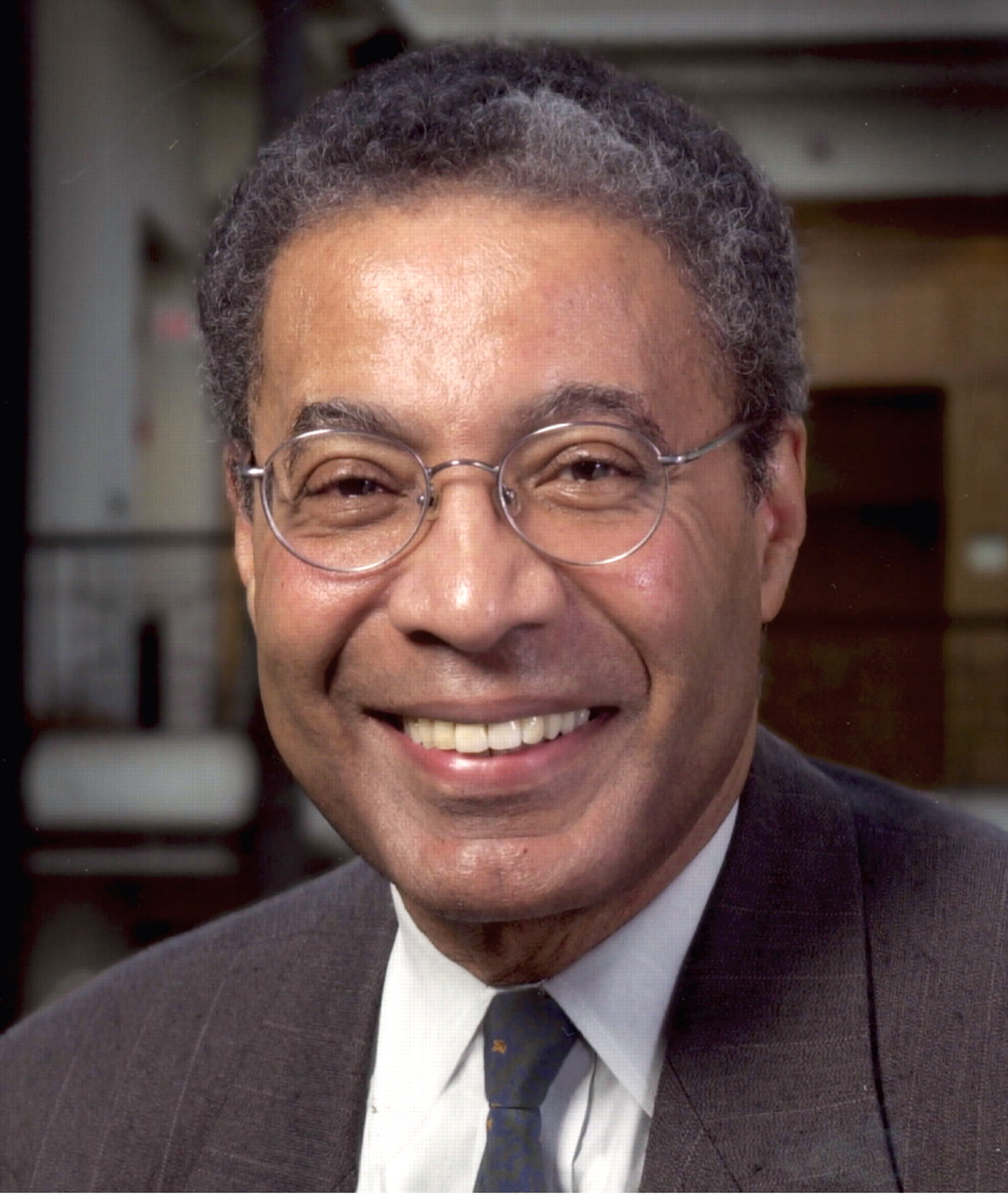“Alvin Poussaint, M.D.” Say the name and some TV viewers of the 1980s and 1990s may recall that he served as script consultant to the sitcom “The Cosby Show.”
Radio and TV talk show audiences today may see him as the man who appears with comedian and actor Bill Cosby when he speaks out on the chronic health and social problems found in some African-American communities.
Still others might first think of Poussaint as author of Come on People, the 2007 book he cowrote with Cosby.
But family, friends, and colleagues know that while Poussaint's work with Cosby over the years may garner him the most mainstream-media visibility, he is renowned in his own right. The Harlemborn, Ivy League—educated psychiatrist has contributed for decades to the public's understanding of child development, family life, race, and multicultural relations. He has peeled back for public view the psychosocial dynamics of bigotry and prejudice and how both play out in the media.
In recognition of his work, the professor of psychiatry at Harvard Medical School and APA distinguished life fellow has received many awards and accolades. His latest came in late September when he was presented the John P. McGovern Award for behavioral sciences by the Smithsonian Institution in Washington, D.C.
Poussaint is the 11th recipient of the award—the fifth physician and third psychiatrist. The other psychiatrists were Robert Butler, M.D., and James Comer, M.D., M.P.H.
Poussaint “is a very important figure,” said Wilton Dillon Sr., Ph.D., an anthropologist and scholar emeritus of the Smithsonian's National Museum of Natural History, in an interview with Psychiatric News. “All of us who helped to choose him were very much impressed that he went way beyond the Freudian couch to be an active educator for the public at large.”
The McGovern award is named after and made possible through an endowment by the late John McGovern, M.D., an allergist, educator, author, and medical historian.
“It was a special award, I think, for me—even more than an honorary degree from a college,” Poussaint told Psychiatric News. “I have a great deal of respect and regard for the Smithsonian representing the cultural aspects of America.”
Poussaint has lectured on college campuses and written books and numerous articles for mainstream magazines and newspapers on major health and social issues. His views, he said, are informed by his psychiatric knowledge and activism in social justice and in the civil-rights movement.
Anthropology is another of his interests, he said. During the award program, Poussaint was interviewed by Johnnetta Betsch Cole, Ph.D., director of the Smithsonian's National Museum of African Art, herself a past recipient of the McGovern award and an anthropologist. “I was delighted that Cole was the interviewer,” he said.
Their wide-ranging discussion examined the societal forces at play that negatively impact the development of physically, emotionally, and psychologically healthy children—from poor parenting to the impact of negative media images on families, to how America's consumer-driven culture can play havoc with the efforts of parents who try to pass positive moral values on to their children.
“He wrote frequently in his early years for Ebony magazine,” recalled Dillon, formerly a member of the board of the Institute for Psychiatry and Foreign Affairs. “Long before Obama came along, he was talking about responsibility—for parents to take responsibility for their children's education.”
Poussaint received his medical degree in 1960 from Cornell University. He completed his residency in psychiatry at the University of California at Los Angeles while earning a master's degree in psychiatry with an emphasis on psychopharmacology. Later he moved to Mississippi to provide medical care to civil-rights workers.
He is a fellow of the American Association for the Advancement of Science and a member of the American Academy of Child and Adolescent Psychiatry. He is the faculty associate dean of student affairs at Harvard and director of the Media Center of the Judge Baker Children's Center in Boston, and he continues to serve as a media consultant, advocating for “more responsible programming.”


